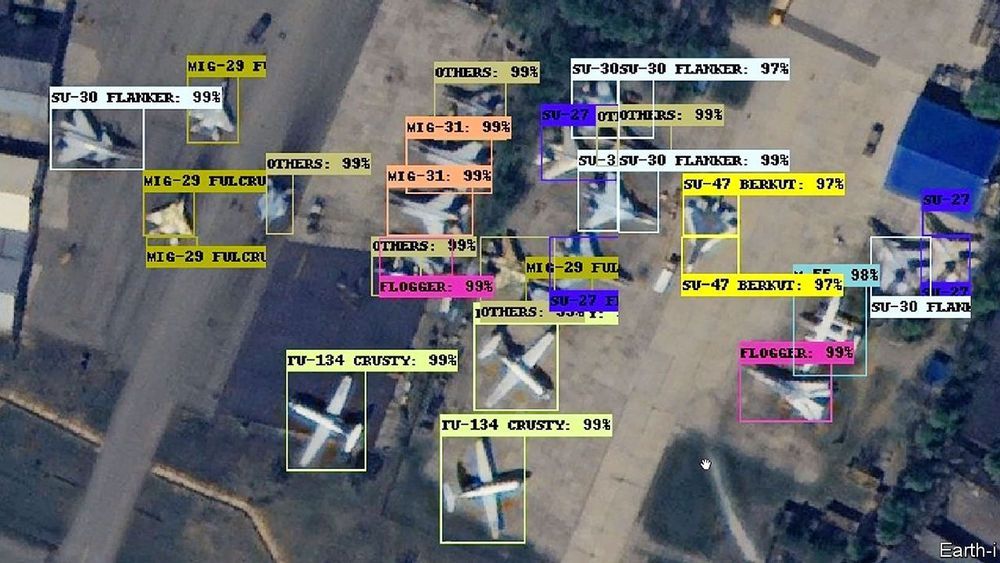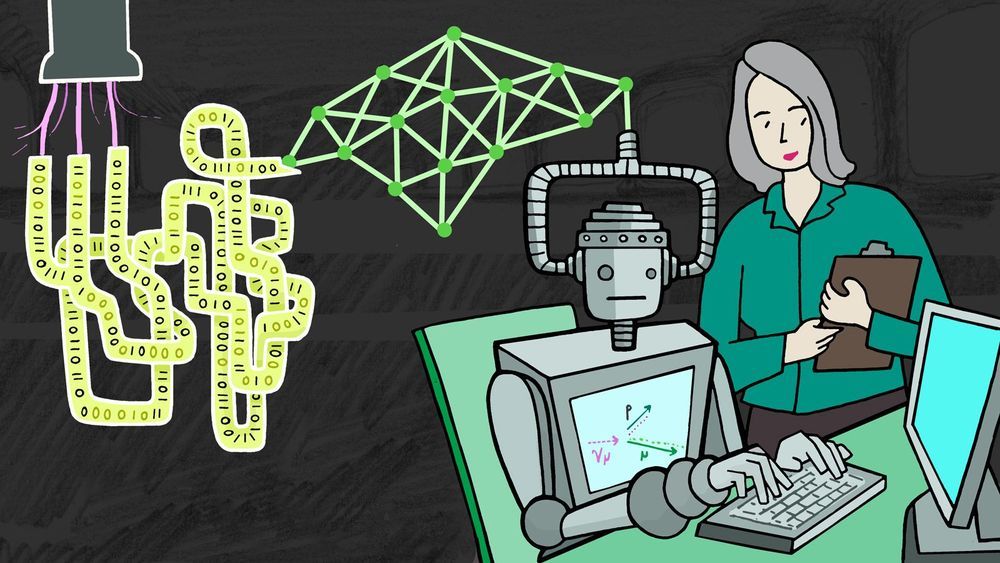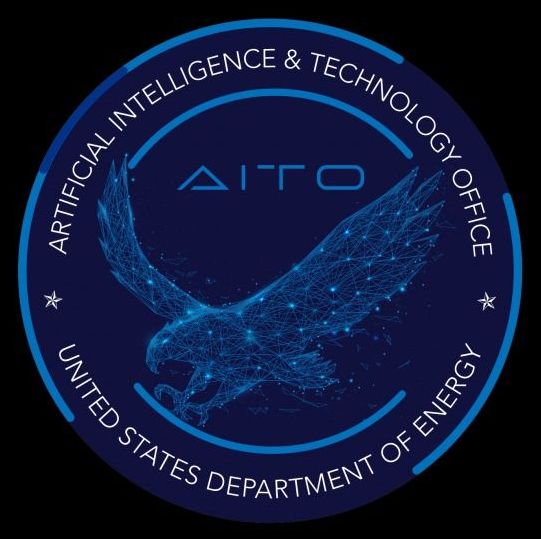WASHINGTON, D.C.-Today, U.S. Secretary of Energy Rick Perry announced the establishment of the DOE Artificial Intelligence and Technology Office (AITO). The Secretary has established the office to serve as the coordinating hub for the work being done across the DOE enterprise in Artificial Intelligence. This action has been taken as part of the President’s call for a national AI strategy to ensure AI technologies are developed to positively impact the lives of Americans.
DOE-fueled AI is already being used to strengthen our national security and cybersecurity, improve grid resilience, increase environmental sustainability, enable smarter cities, improve water resource management, as well as speed the discovery of new materials and compounds, and further the understanding, prediction, and treatment of disease. DOE’s National Labs are home to four of the top ten fastest supercomputers in the world, and we’re currently building three next-generation, exascale machines, which will be even faster and more AI-capable computers.
“The world is in the midst of the Golden Age of AI, and DOE’s world class scientific and computing capabilities will be critical to securing America’s dominance in this field,” said Secretary Perry. “This new office housed within the Department of Energy will concentrate our existing efforts while also facilitating partnerships and access to federal data, models and high performance computing resources for America’s AI researchers. Its mission will be to elevate, accelerate and expand DOE’s transformative work to accelerate America’s progress in AI for years to come.”









